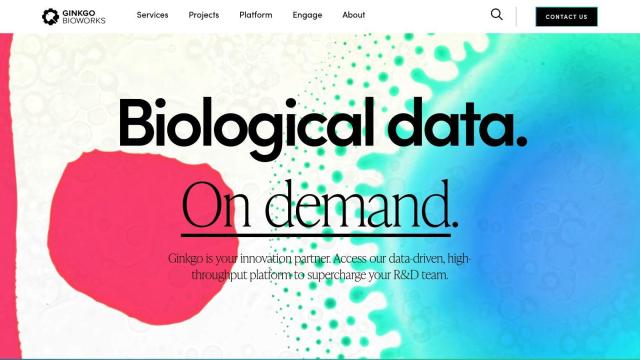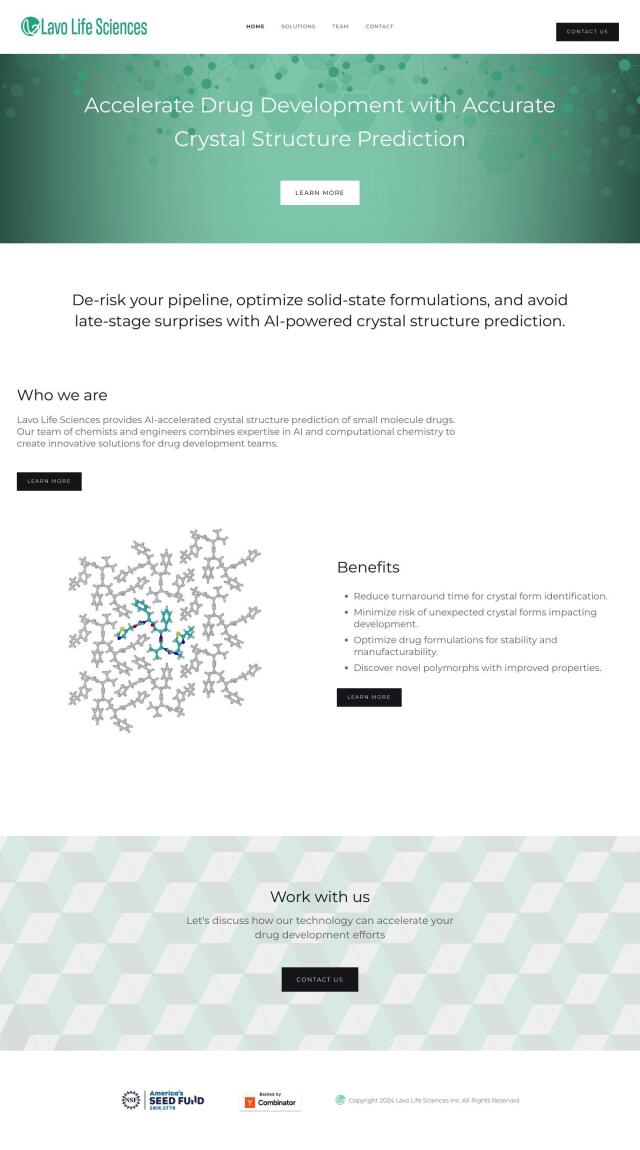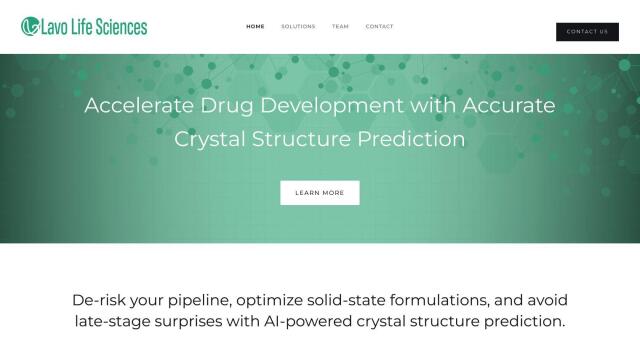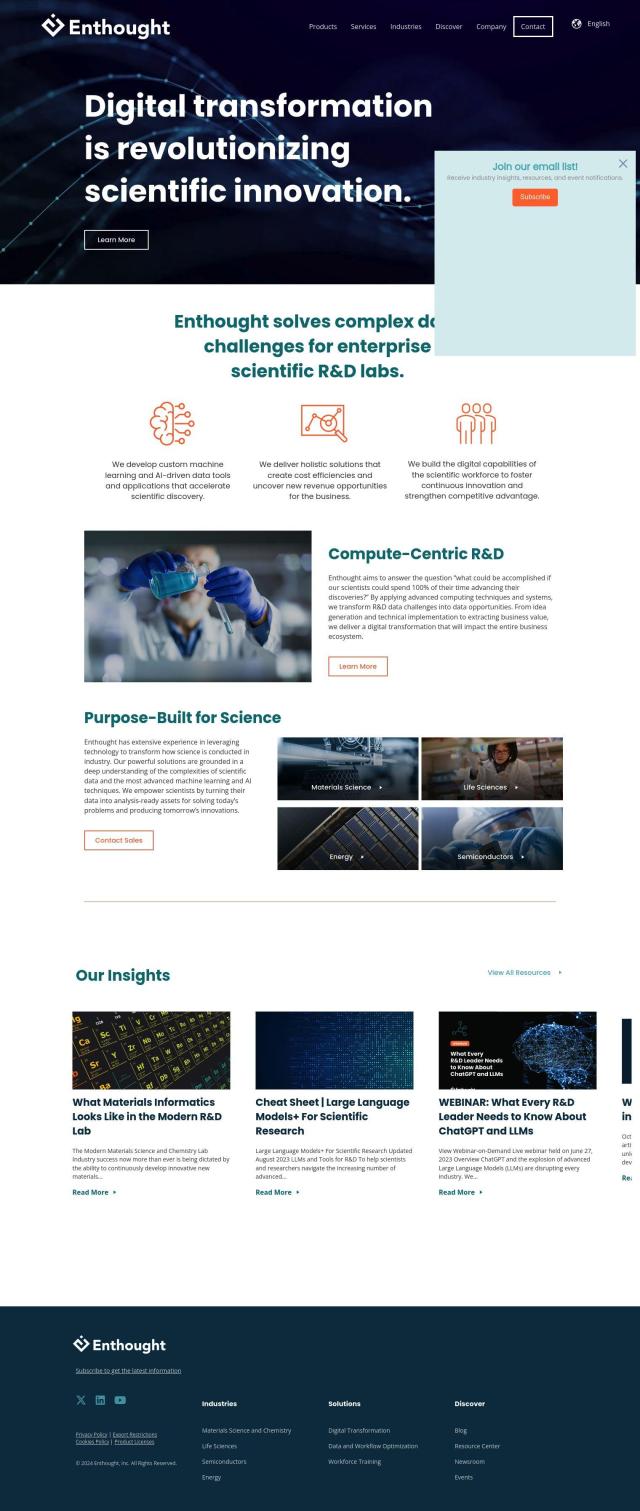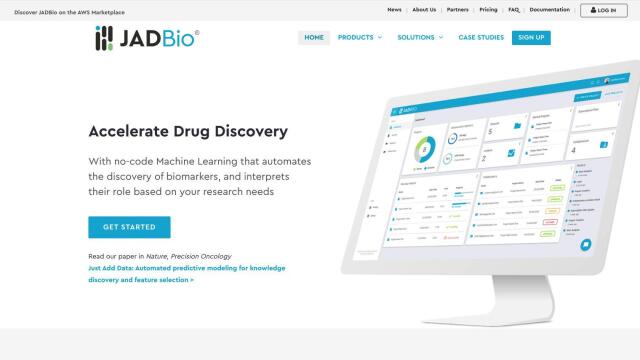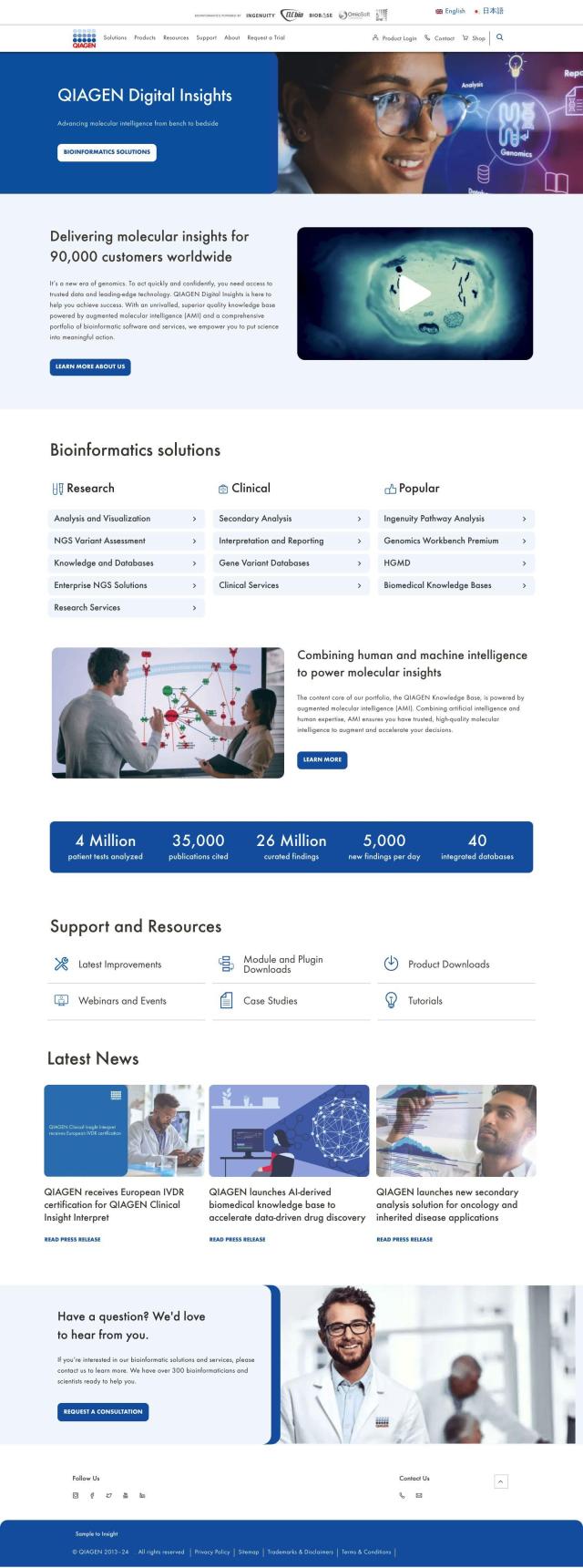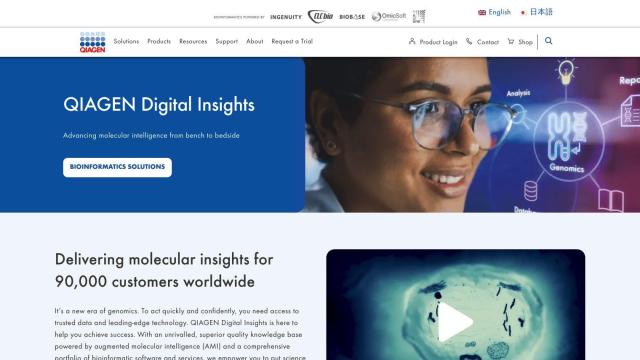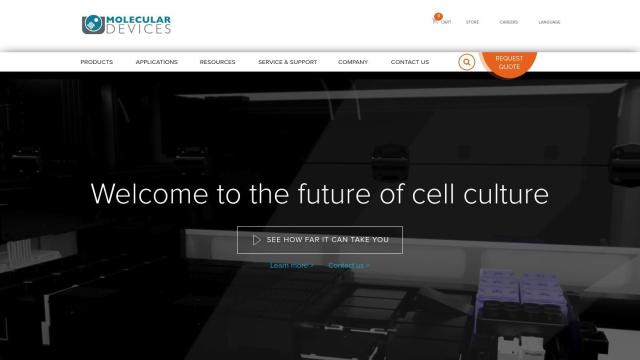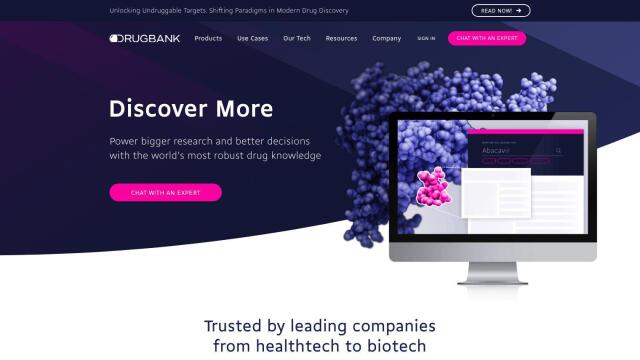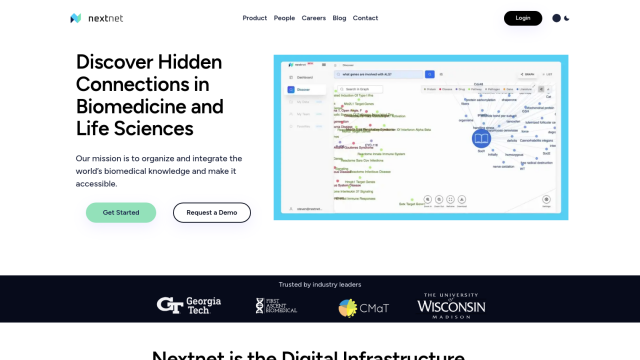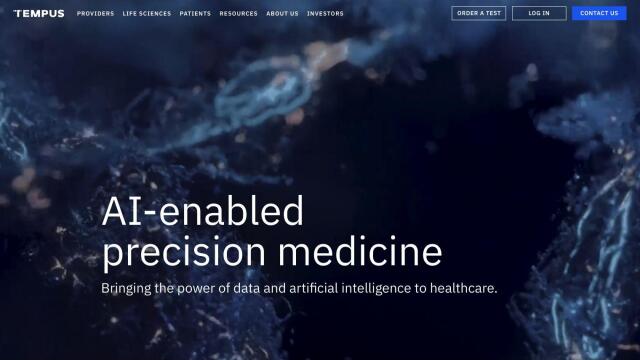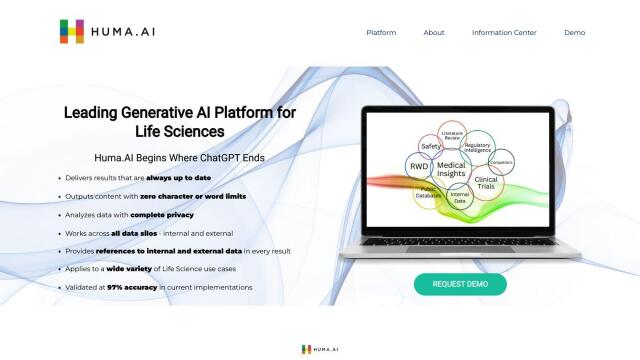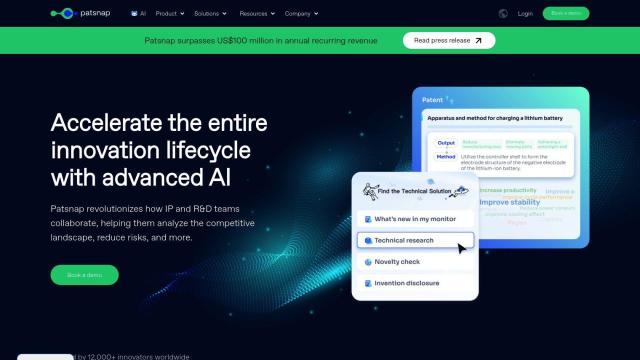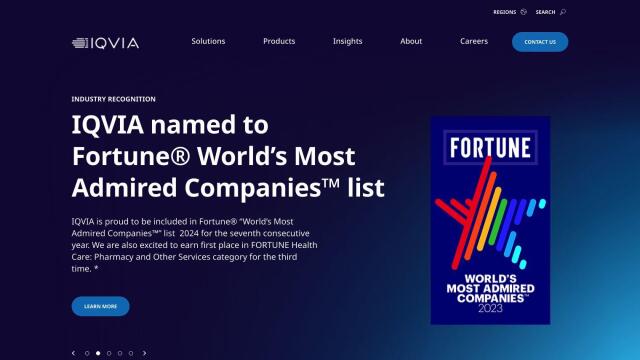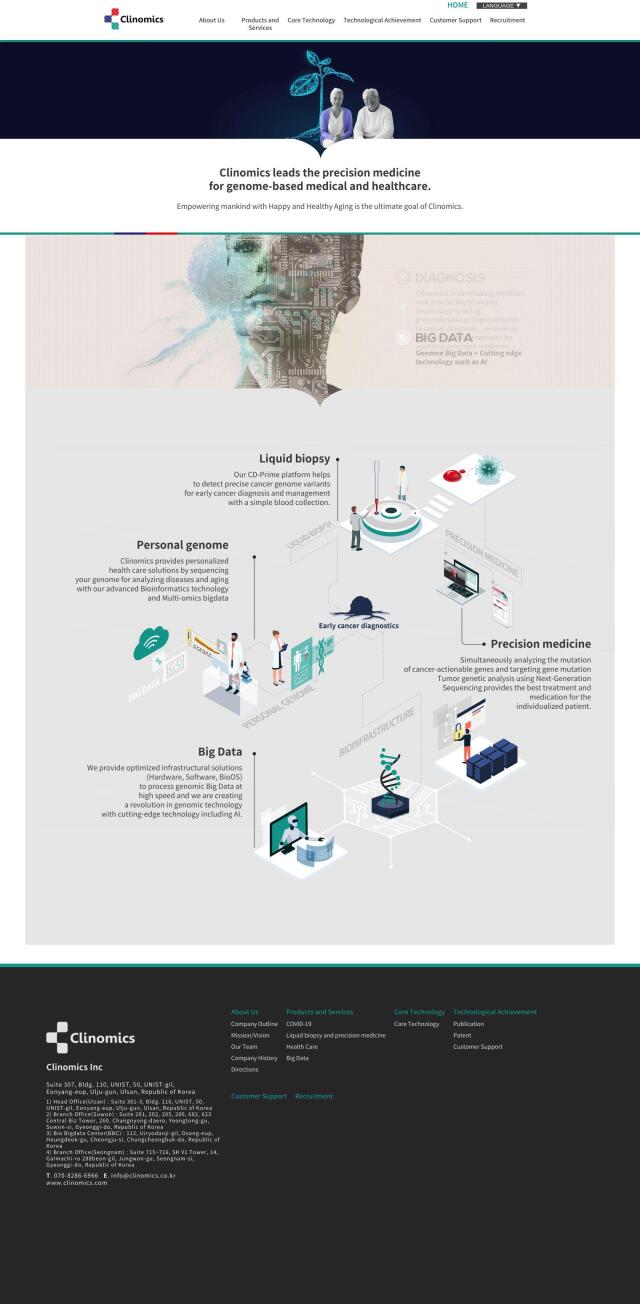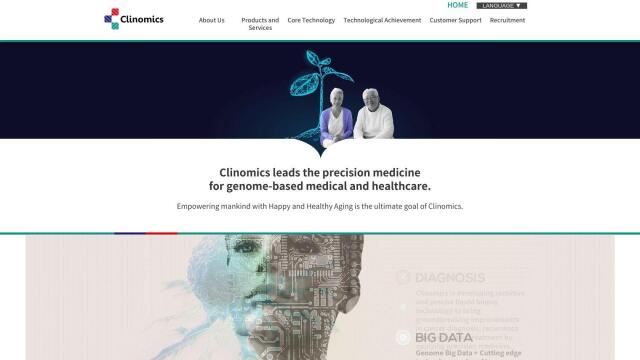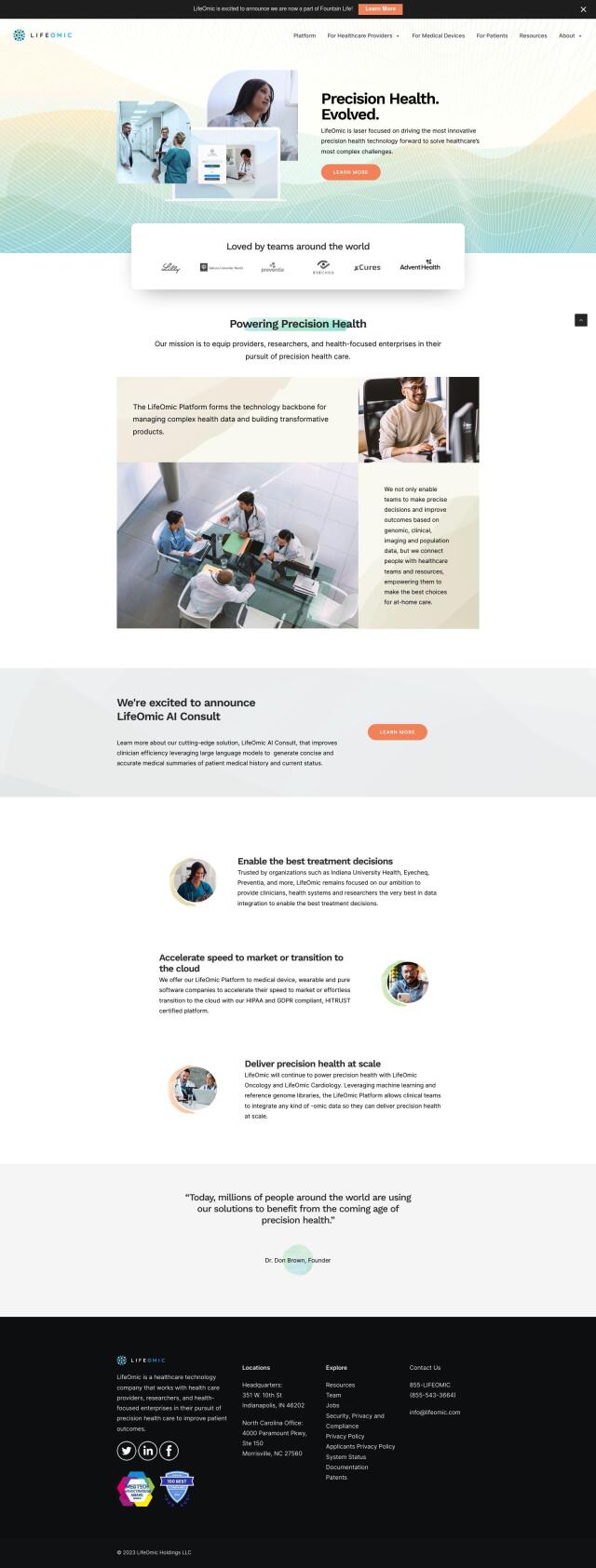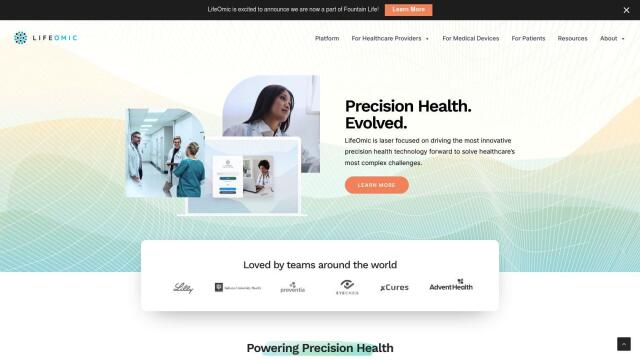Question: Is there a software that can automate the design and engineering of novel molecules with desired properties?

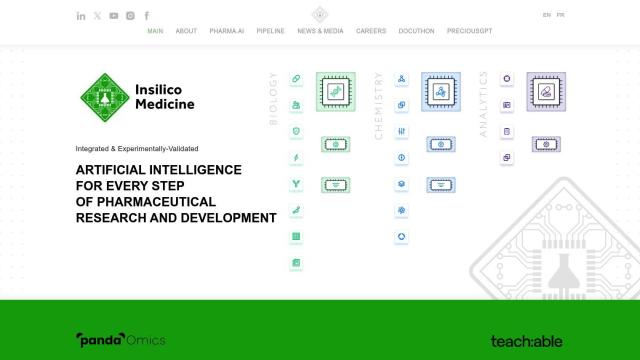
Insilico Medicine
If you're looking for software to automate the design and engineering of new molecules with specific properties, Insilico Medicine has a powerful AI-based platform for accelerating pharmaceutical research and development. The platform can identify targets, design molecules, and predict clinical trial results. It includes tools like PHARMA.AI, Chemistry42, PandaOmics and inClinico that can automate de-novo design and engineering of novel molecules with desired properties, predict clinical trial success rates, and automate the entire drug discovery process.
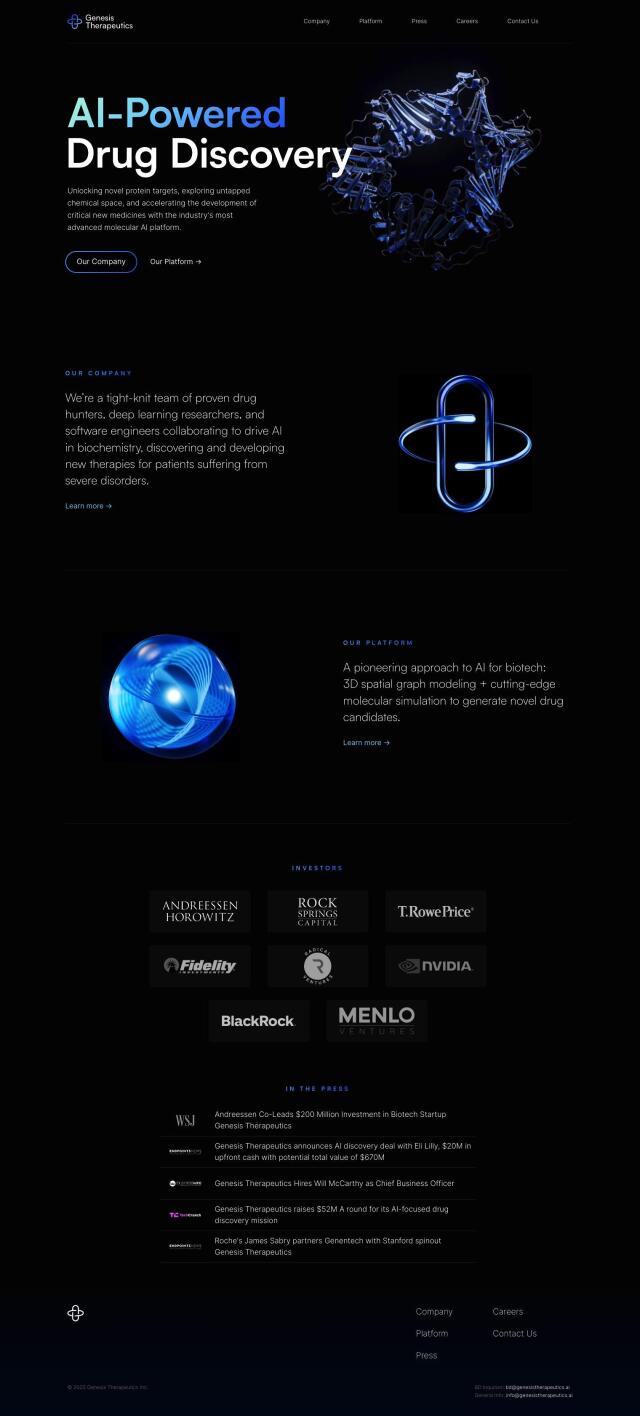
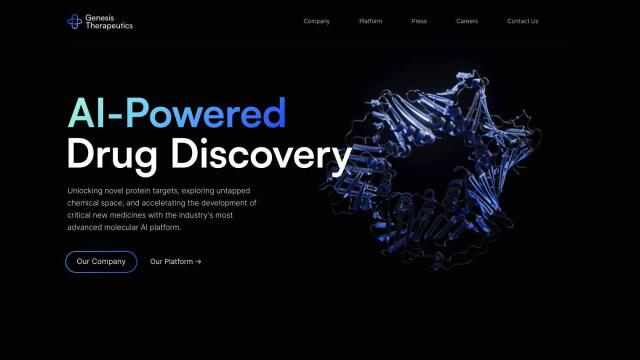
Genesis Therapeutics
Another interesting option is Genesis Therapeutics, which combines 3D spatial graph modeling and molecular simulation to design new drug candidates. The GEMS platform combines deep learning for predicting properties and molecular simulations to develop high-potency and selective small molecule drugs. It's geared to tackle challenging biological targets and has raised significant funding to pursue its mission of tackling serious diseases.

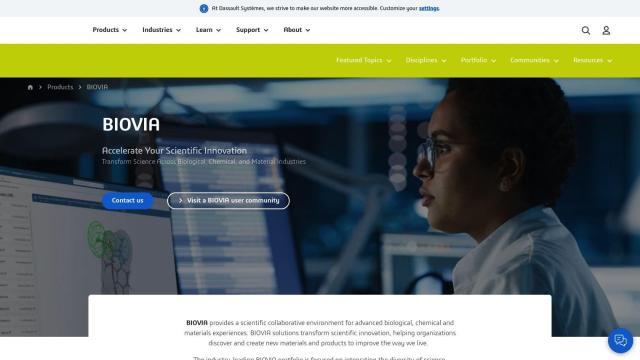
BIOVIA
For a broader scientific collaborative environment, BIOVIA has a suite of tools and software including BIOVIA Discovery Studio, BIOVIA Materials Studio and BIOVIA Generative Therapeutics Design. The tools are designed to enable innovation in life sciences, improve lab productivity and enable end-to-end digital quality management. BIOVIA's 3D EXPERIENCE platform has a unified data model and cloud-native deployment, making it adaptable to a wide range of scientific and engineering tasks.

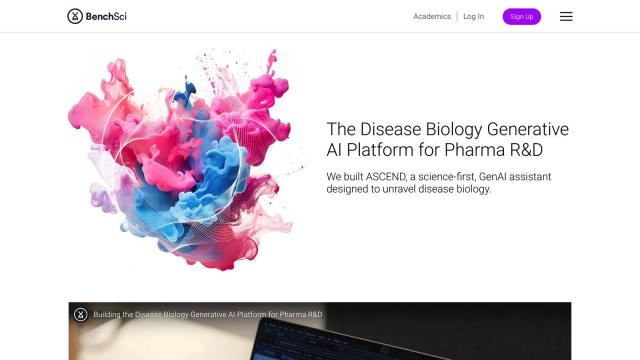
BenchSci
Also worth a look is BenchSci's ASCEND platform, designed to speed up drug discovery and complex research workflows. It has a large data foundation and biology-specific multimodal AI that can understand experiments from text and figures. The platform is designed to take a science-first approach to speed up and improve the quality of research by making better experiment decisions and reducing experimental failures.

